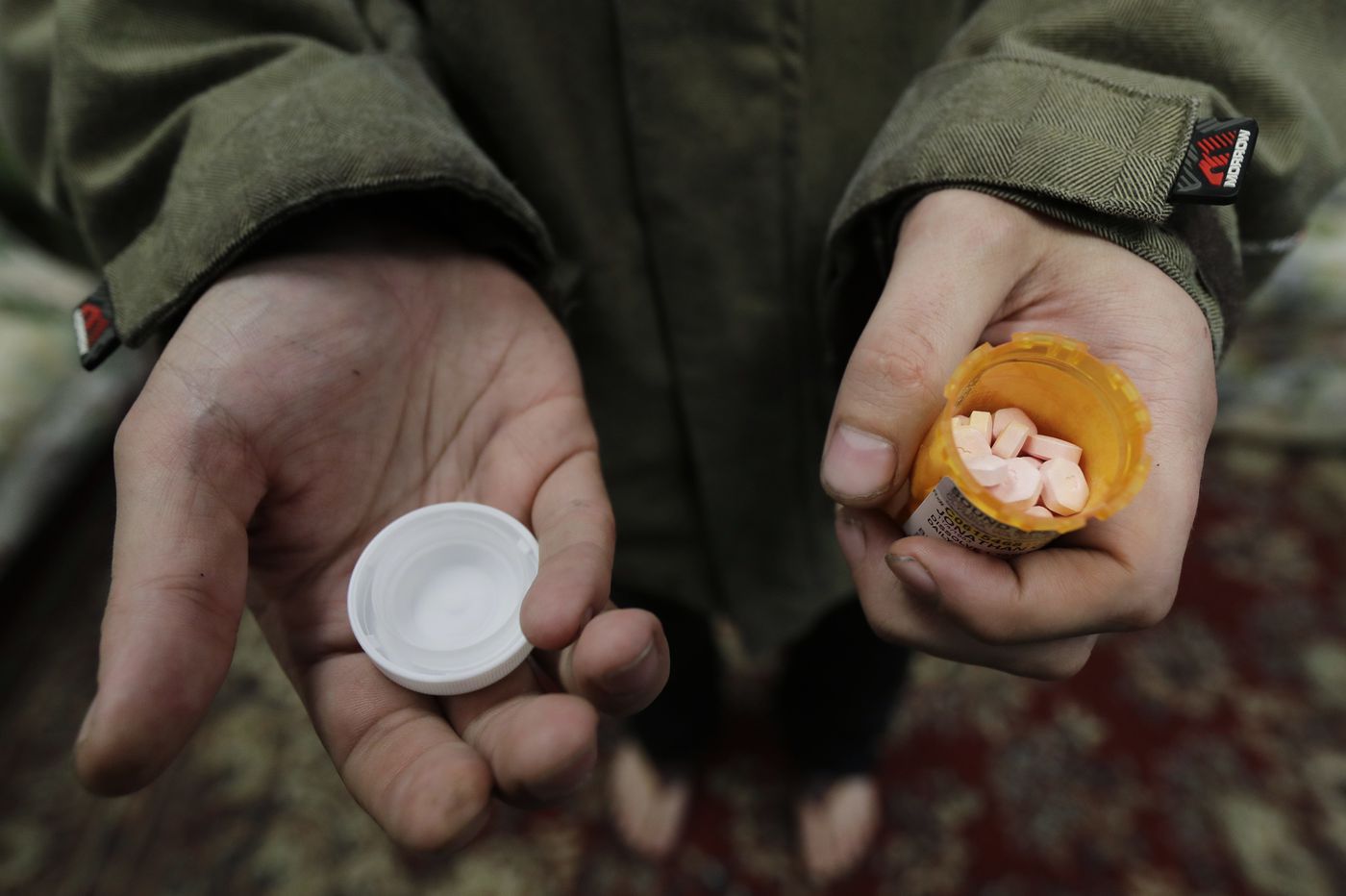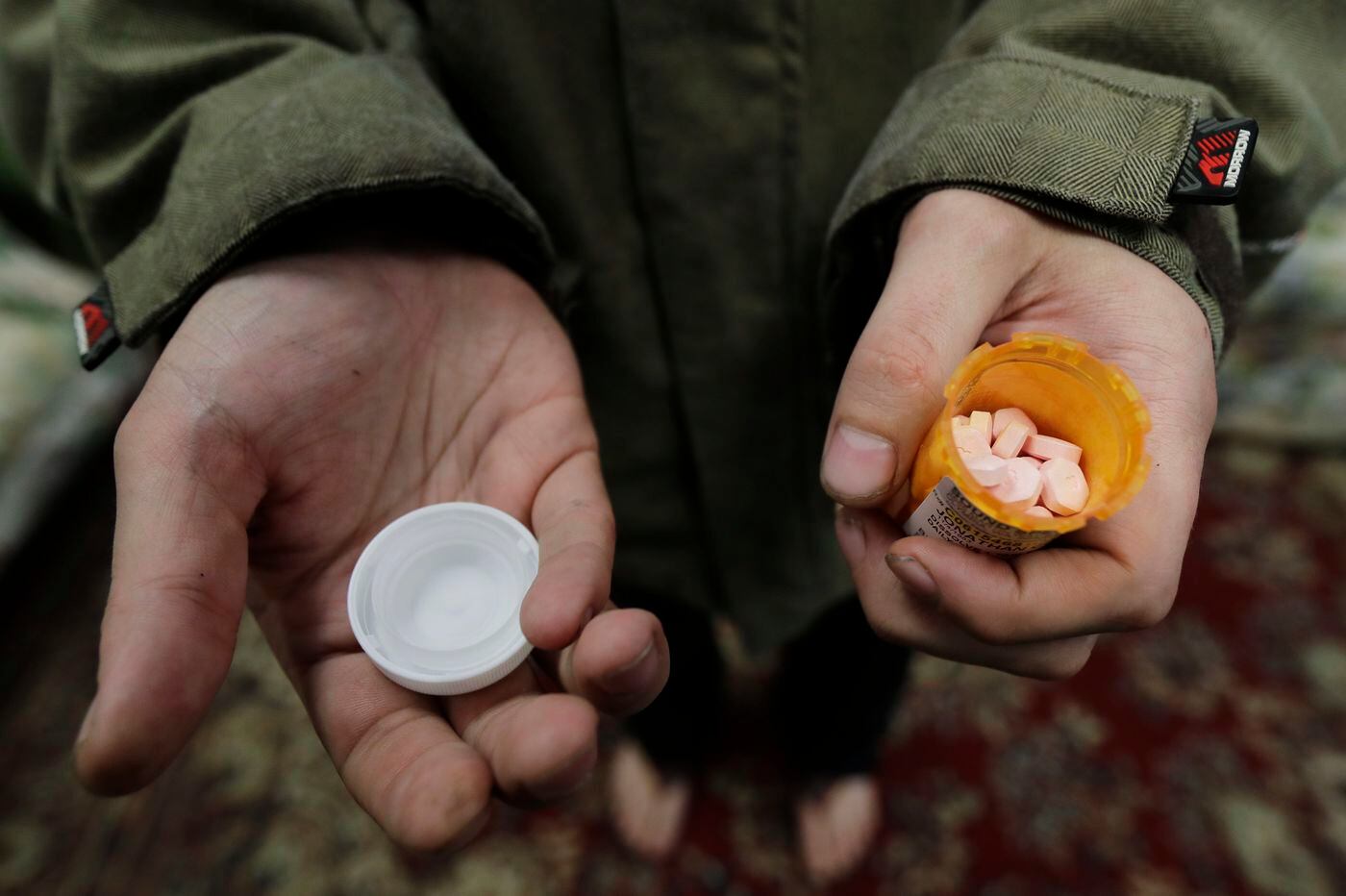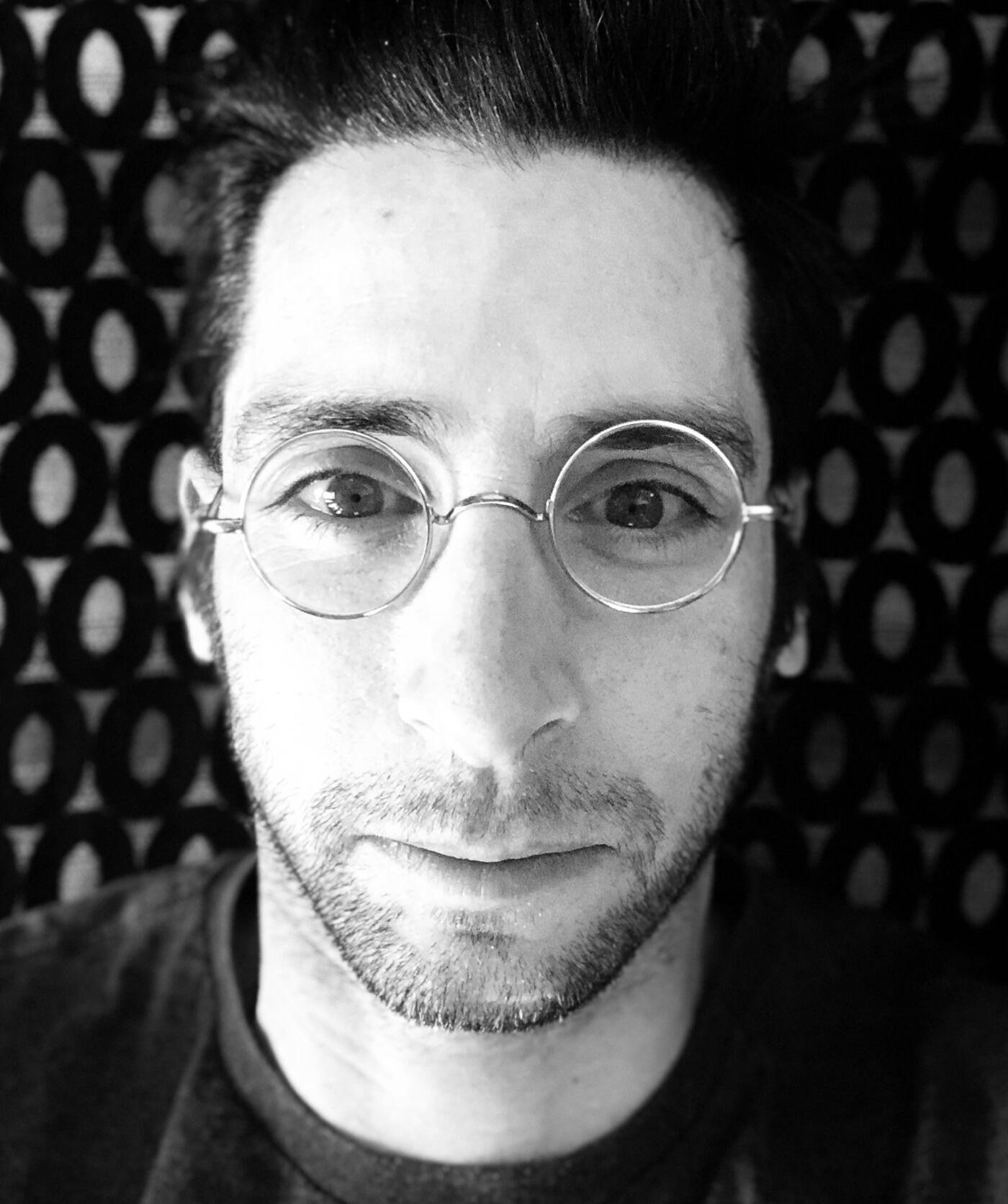Now is the time to listen to science, especially when it comes to addiction | Opinion


Heroin might as well have been plutonium in my slice of suburbia. I knew the risks before taking my first hit. My therapist had prescribed every conceivable antidepressant. Nothing helped. I’d experimented with alcohol and pot and hated the effects. I wasn’t looking to escape reality — I was desperate to make it bearable. At 16, heroin killed my pain and stopped me from killing myself.
After three years of vigorous self-medicating, I spent my 19th birthday in a highly regarded inpatient treatment center. The locus of care was Alcoholics Anonymous.
It didn’t matter that I could count my experiences with alcohol on one finger. AA’s faith and abstinence-based 12-step paradigm emphasizes powerlessness over compulsive substance use. Addiction is the problem. Sobriety is the solution. Recovery begins when God rescues you from rock bottom, a nebulous, figurative place. If you end up there again, it’s your fault.
The Big Book —AA’s bible — says, “those who do not recover are people who cannot or will not completely give themselves to this simple program, usually men and women who are constitutionally incapable of being honest with themselves."
I was honest with myself: Addiction was an unfortunate side-effect to depression, which was the problem. Sobriety had the healing power of a band-aid on a bullet wound. Pain doesn’t go away when you stop taking opioids. It gets worse. The underlying life experiences that push someone to use don’t disappear once they’re forced to stop using drugs.
My counselor invalidated heroin’s medicinal value and dismissed my depression as an excuse. He convinced my mother that, as an addict in denial, I was liable to chug a thing of hand sanitizer if I got desperate enough for a high. Mom cried as I insisted the addiction expert didn’t know what he was talking about but I — her clinically depressed teenage junkie son — did.
For more than a decade, I kept my struggle from family and friends. I got married, built a successful career and, at age 30, became a father. The world shifted when my daughter was born. I genuinely believed I’d stay clean forever. Two years later, I fell into a deep depression and relapsed. I still couldn’t deal with my emotional pain. I only knew how to kill it. I needed serious help.

Buprenorphine saved my life. It triaged my physical dependence on opioids, which gave me the stability to start working on the underlying depression in therapy. That was 12 years ago. Today, buprenorphine remains integral to my holistic recovery, which includes a regimen of legally prescribed medication and weekly sessions with a psychiatrist.
AA, other support groups, and types of talk therapy can provide psychological benefits —which remain essential now, as people rely on digital access to such groups during the coronavirus. Still, only buprenorphine and methadone are proven to dramatically decrease opioid overdose fatalities and relapse.
Despite the overwhelming evidence of its efficacy, medication-assisted treatment for opioid use is offered in just 36% of U.S. rehabs, owing to the predominance of abstinence-based programs. Many of these groups believe medication (including antidepressants) invalidates your sobriety.
In a recent survey by the Addiction Policy Forum, the most common reasons cited for using street buprenorphine matched its intended medical purposes: minimizing withdrawal symptoms, and maintaining abstinence from full agonists like heroin, oxycontin, and fentanyl. In this and epidemiological research, just 3% of respondents named buprenorphine their “drug of choice.”
Chittenden County, Vermont, heeded some of these realities in what actually gets people to use more safely. Last November, more than a year after the county stopped making arrests for unprescribed partial agonists, overdose fatalities had decreased by more than 50%. Burlington’s former Police Chief, Brandon del Pozo, reported no "negative consequences,” the specter thrown out by many of anti-harm reduction groups.
Today alone, 130 more people will die nationwide. It will happen tomorrow and everyday thereafter — until we get away from antiquated models and mentalities that cause harm. We must let facts — not faith, or vague references to personal character — drive our response.
 Pathways Drug Rehabilitation Luxury Addiction Treatment & Detox Center
Pathways Drug Rehabilitation Luxury Addiction Treatment & Detox Center


